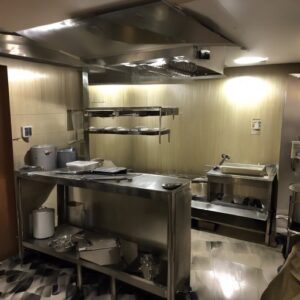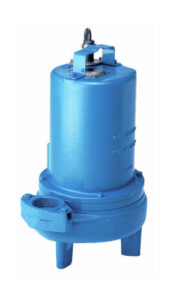In the bustling metropolis of New York City, hotels stand as towering symbols of hospitality and luxury. Behind the scenes, however, lies an intricate web of operations aimed at maintaining the impeccable standards expected by guests. One crucial aspect of hotel management is cleanliness, and many NYC hotels opt to outsource this task to commercial cleaning services. In this article, we’ll delve into three compelling reasons why these hotels choose to entrust their cleaning needs to external professionals.
Expertise and Specialization
NYC hotels are not just buildings; they are complex ecosystems where every detail matters. Maintaining cleanliness in such environments requires a high level of expertise and specialization. Commercial cleaning companies bring exactly that to the table.
Specialized Training: Commercial cleaners undergo rigorous training to handle various cleaning tasks efficiently and effectively. From deep cleaning carpets to sanitizing bathrooms, these professionals are well-versed in the latest cleaning techniques and technologies.
Compliance with Industry Standards: In the hospitality industry, cleanliness is not just a preference; it’s a requirement. NYC hotels must adhere to strict cleanliness standards set by regulatory bodies to ensure the health and safety of their guests. Commercial cleaners are well-aware of these standards and work diligently to meet and exceed them.
Attention to Detail: Detail-oriented cleaning is essential in hotels, where even the smallest oversight can tarnish the guest experience. Commercial cleaners pride themselves on their attention to detail, leaving no corner untouched in their quest to maintain a pristine environment for guests.
Time and Efficiency
In a city that never sleeps, time is of the essence. NYC hotels operate round the clock, leaving little room for downtime. Commercial cleaners offer a level of efficiency and flexibility that is crucial in this fast-paced environment.
Flexible Scheduling: Commercial cleaning companies understand the unique scheduling needs of hotels and are willing to work around their busy timetables. Whether it’s late at night or early in the morning, these professionals are ready to tackle cleaning tasks whenever the need arises.
Swift Turnaround: With guests checking in and out every day, NYC hotels cannot afford to have rooms out of commission for extended periods. Commercial cleaners excel in providing swift turnaround times, ensuring that rooms are cleaned and ready for occupancy in record time.
Access to Resources: Commercial cleaning companies have access to a wide range of resources, from advanced cleaning equipment to eco-friendly cleaning products. This access allows them to deliver high-quality results in a fraction of the time it would take an in-house cleaning team.
Cost-Effectiveness
In the competitive world of hospitality, managing costs is paramount. Outsourcing cleaning services to commercial companies can offer significant cost savings for NYC hotels in several ways.
Elimination of Overhead Costs: Maintaining an in-house cleaning team comes with its fair share of overhead costs, including salaries, benefits, and training expenses. By outsourcing to commercial cleaners, hotels can eliminate these costs and allocate their resources more efficiently.
Customized Service Packages: Commercial cleaning companies offer customizable service packages tailored to the specific needs and budgetary constraints of each hotel. This flexibility allows hotels to pay only for the services they require, avoiding unnecessary expenditures.
Improved ROI: Investing in professional cleaning services can yield a high return on investment for NYC hotels. A clean and well-maintained environment not only enhances the guest experience but also leads to positive reviews and repeat business, ultimately boosting the hotel’s revenue.
Conclusion
In the competitive landscape of the New York City hospitality industry, maintaining impeccable cleanliness is non-negotiable for hotels striving to stay ahead of the curve. By outsourcing their cleaning needs to commercial cleaning services, NYC hotels can benefit from the expertise, efficiency, and cost-effectiveness offered by these external professionals. From specialized training to flexible scheduling and cost savings, the decision to contract out commercial cleaners New York City proves to be a strategic move for hotels looking to uphold their reputation for excellence in hospitality.











